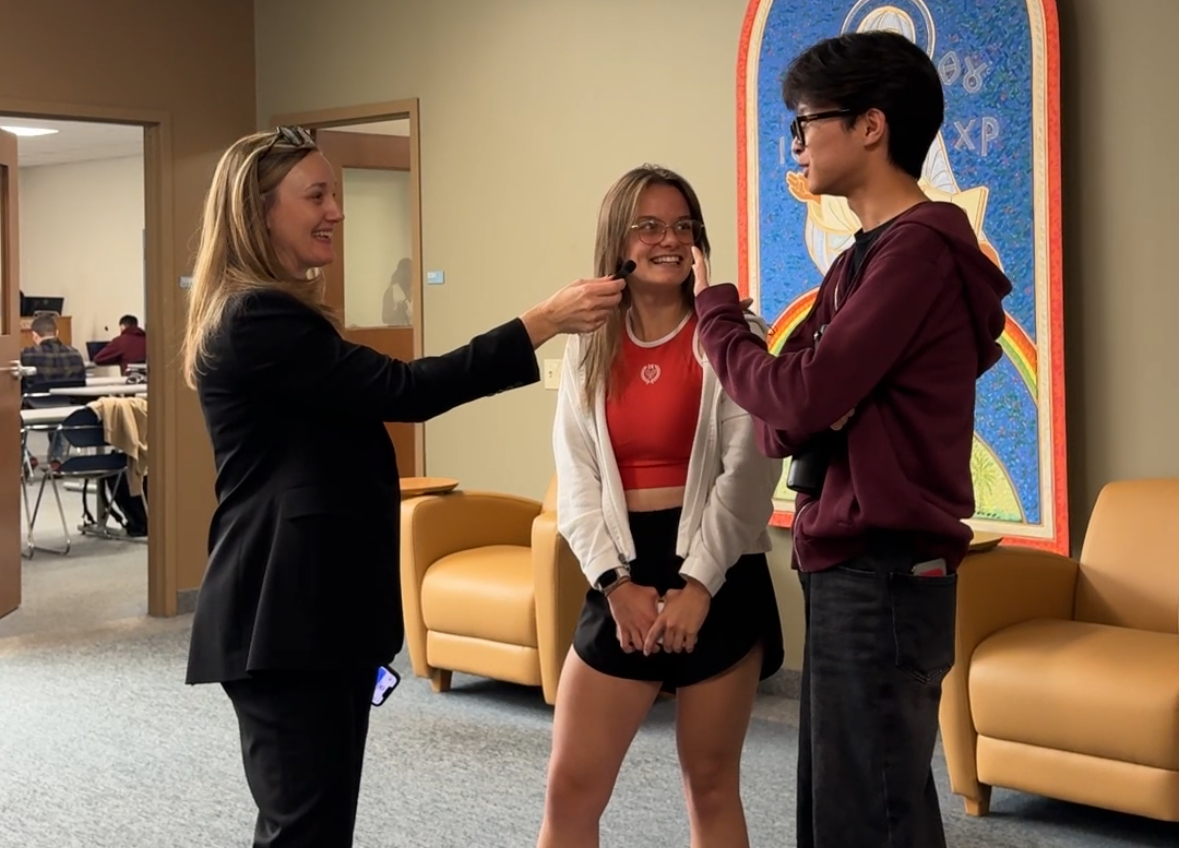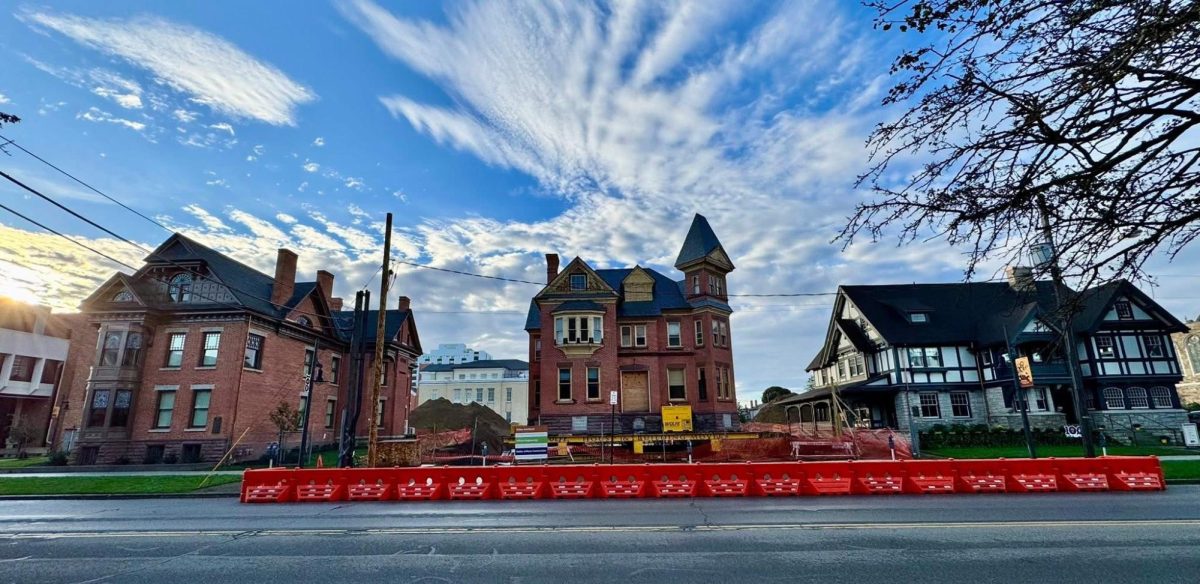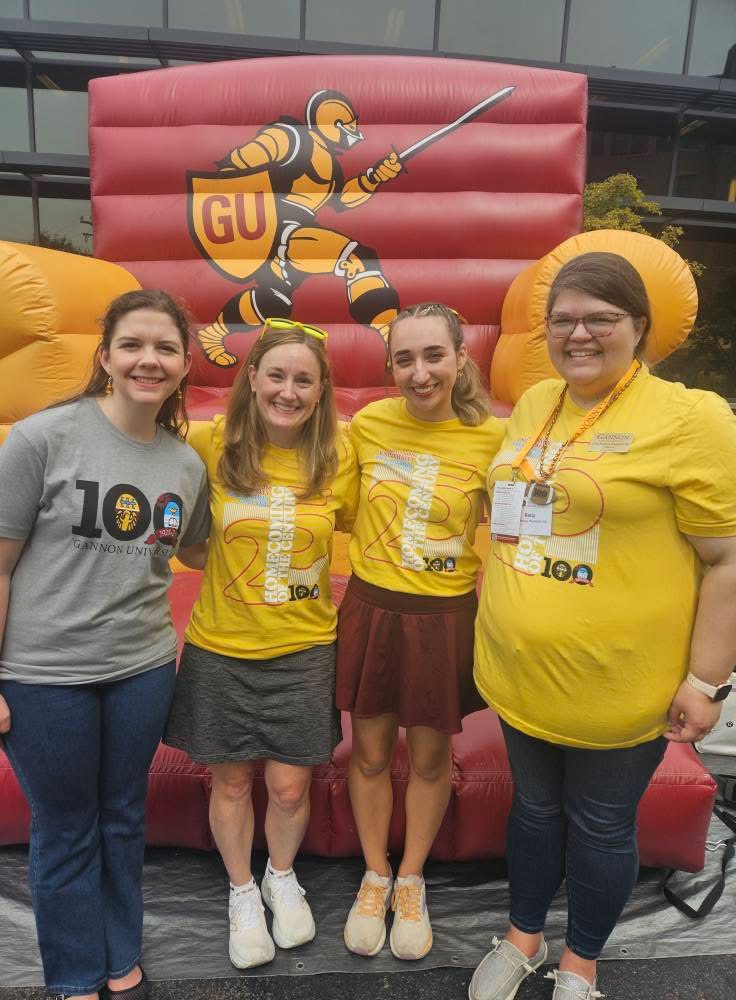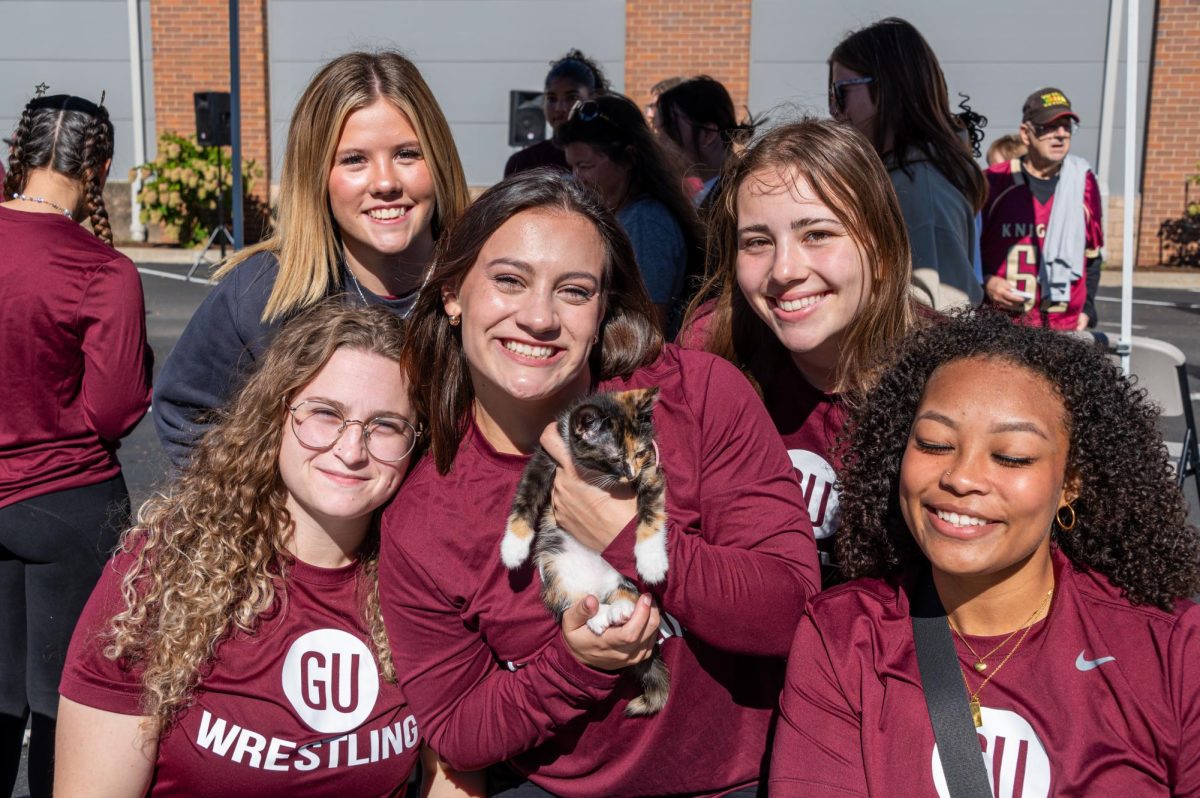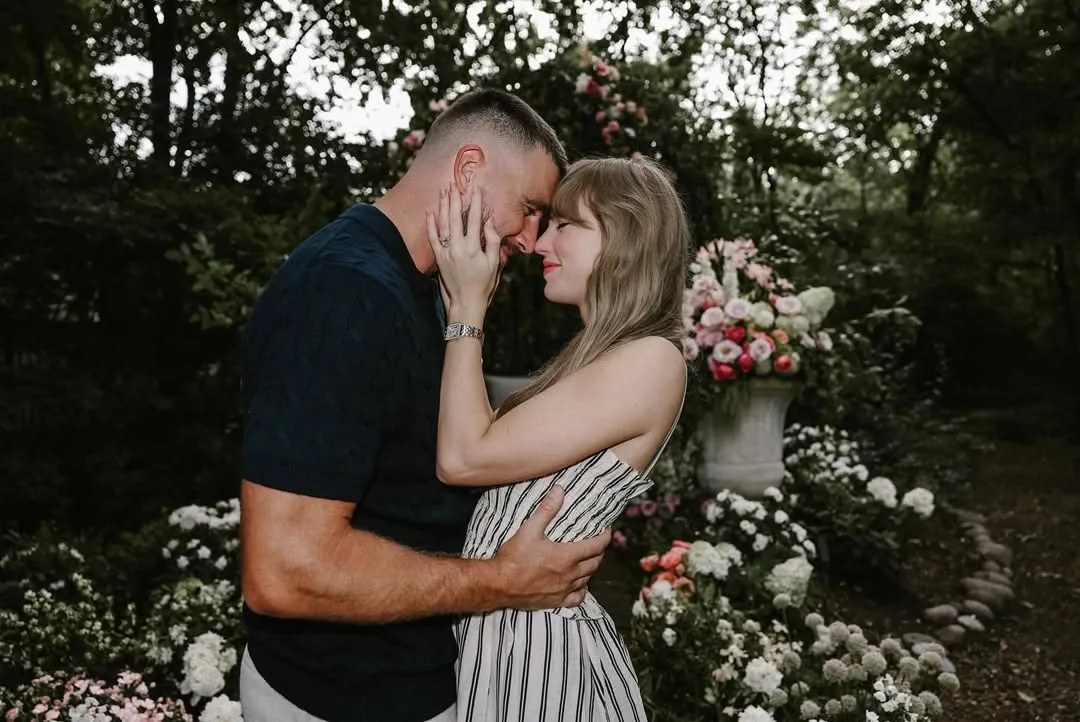December 6, 2024/Midnight
Erie, Pa,– Gannon University is home to over 2,000 students at any given time ofyear. Within this student body, a variety of different people exist. We are united through our pursuit of education at Gannon University. However, our differences may lie in our ages, career choices, races, faiths, or a plethora of other things. In every aspect that we are different, there is one where we are similar. In Roundtable, we explore the similarities and differences in the thoughts and opinions of Gannon students.
With the end of the semester and winter break right around the corner, Christmas season is rapidly approaching.
The Pew Research Center says, “Nine–in–ten Americans (90%) — and 95% of Christians — say they celebrate Christmas, according to a New Pew Research Center Survey. While these figures have held steady in recent years, the role of religion in Christmas celebrations appears to be declining.”
They also say, “Today, 46% of Americans say they celebrate Christmas as primarily a religious (rather than cultural) holiday, down from 51% who said this in 2013, with Millennials less likely than other adults to say they celebrate Christmas in a religious way. A majority of U.S. adults (56%) also say religious aspects of Christmas are emphasized less in American society today than in the past, though relatively few are bothered by this trend.”
Though the origins of Christmas are widely known to be Christian, more Americans are celebrating Christmas without any religious affiliation.
This week, two students were asked if they celebrate Christmas as a religious holiday, or as a secular one.
Sophomore Jennifer Perry, who is majoring in social work, explains how her family has celebrated Christmas. “It’s a mix. We recognize what the holiday connects too, the birth of Jesus, and we also attend the church service that’s held I believe on Christmas Eve. But we also celebrate the Americanized version of it where we give gifts, write letters to Santa, and leave cookies out.”
Rebekah Young, a junior studying criminal justice, says that her family celebrates Christmas as a religious holiday. “My family celebrates Christmas as the birth of Jesus Christ.”
She says, “Every year on Christmas Eve we attend Catholic Mass and will read the birth of Jesus from the Book of Luke from the Bible before we head to bed. We also set up a nativity scene and won’t put the baby Jesus in his manger until Christmas Day!”
Some celebrate Christmas as a religious holiday, while some have forgone its religious roots and made new Christmas traditions for themselves and their families. Others find joy in taking a bit of both aspects: recognizing the role that religion plays at Christmas but enjoying some of the newer traditions that have emerged.



